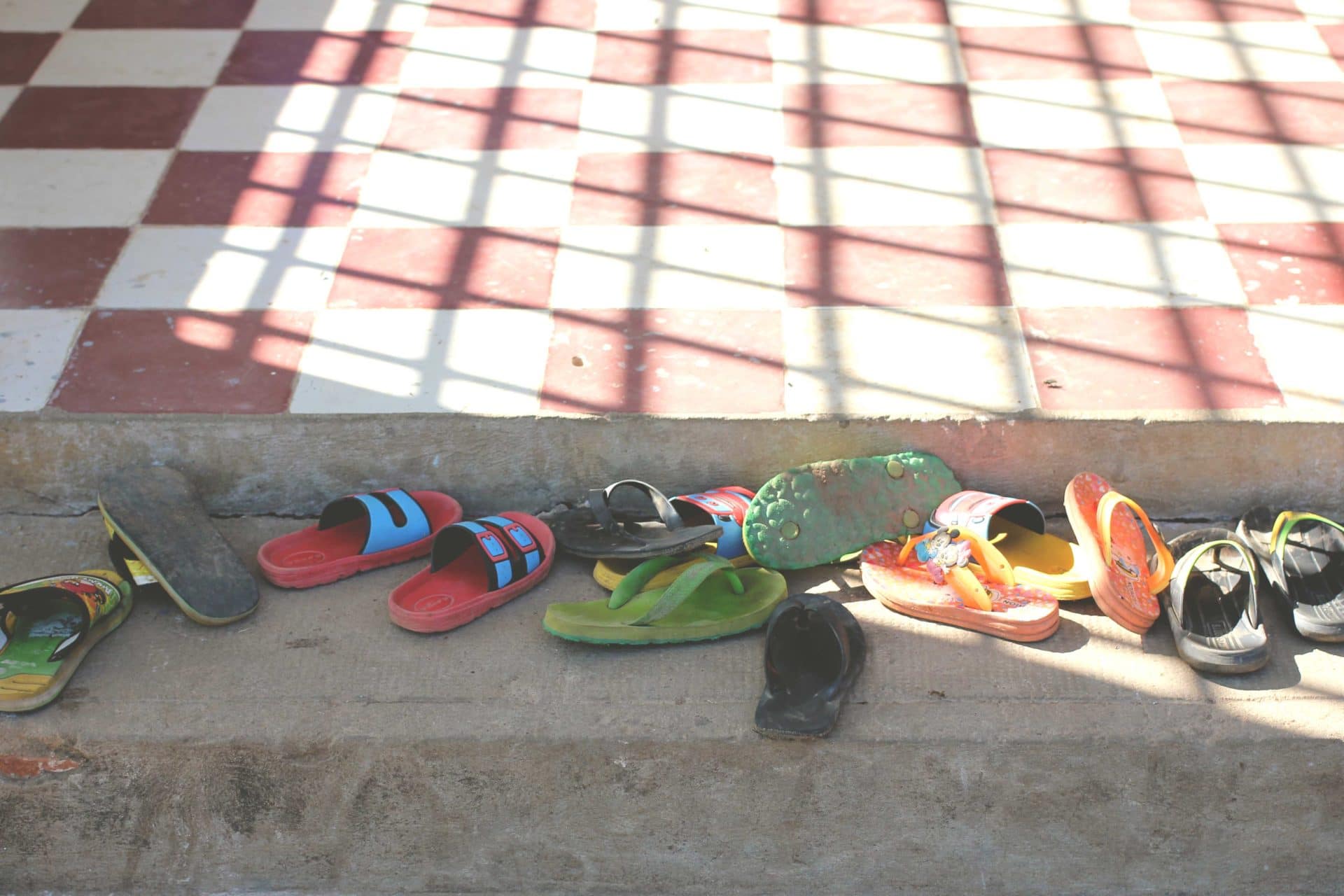
POFO Awarded Third Round of NIH Funding
In 2005, Kathryn Whetten, director of the Center for Health Policy and Inequalities Research (CHPIR), and her colleagues set out to examine predictors of physical and emotional well-being, cognitive development, relationship outcomes and achievement outcomes for a cohort of more than 3,000 orphaned and separated children (OSC) living in five low-income countries (Cambodia, India, Ethiopia, Kenya and Tanzania).
Fourteen peer-reviewed papers, dozens of conference presentations and 12 years later, the “Positive Outcomes for Orphans” (POFO) project is still ongoing. Whetten, the principal investigator, was recently awarded a third round of funding for the project—a five-year, nearly $2.8 million National Institutes of Health grant.
POFO has received international attention as the first and only multi-country observational study to follow a large cohort of OSC. In fact, it’s one of less than a dozen 15–year studies of any population anywhere in the world. With an impressive retention rate of 76 percent, the study has explored the influence of children’s life events, environment, caregiving and care setting on the children’s outcomes.
“We have a tremendous responsibility, particularly because of the uniqueness of this study,” said Whetten, a professor of public policy, nursing, community and family medicine and global health. “Thousands of children and teens and their caregivers have given countless hours to this project to have their voices heard. These aren’t just data points—it’s our obligation to pay attention to what they have to say.”
Ultimately, the team is looking at trajectories across the children’s life span to determine the optimal points and types of targeted interventions for this group. “Some of these kids are thriving, while others are doing terribly,” Whetten noted. “Our goal is to be able to describe key factors that will drive the success or failure of OSC interventions. Our longitudinal data are particularly useful because they help us identify critical patterns.” The researchers will also be looking specifically at long-term predictors of HIV risk behaviors and care seeking behaviors.
(The full article can be found on the DGHI website at: https://globalhealth.duke.edu/media/news/largest-study-orphaned-and-separated-children-look-back-and-ahead)

